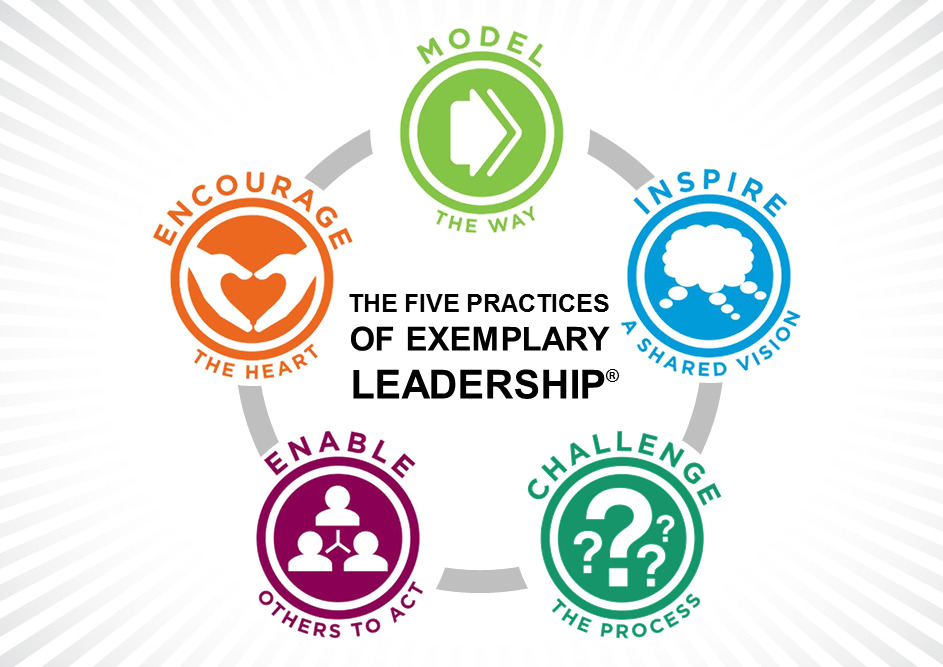Emotion is a relatively difficult concept to clearly delineate but it is generally accepted that it is an organised mental response that includes physiological, experiential and cognitive aspects. Emotions are largely, but not exclusively, related to interpersonal relationships and specific emotions are relatively resistant to cultural and individual differences, although these can affect the way in which emotions are expressed or perceived. Personal intelligence is defined as the feelings and emotions of oneself and the ability to understand and interpret these feelings in order to guide behaviour. This can be expanded into emotional intelligence by including the application of this knowledge to other people and also to regulate actions based on it. The term emotional intelligence (EI) per se was coined in 1990 by Salovey and Mayer. The term EI applies to an ability to process emotional information in an appropriate way, with a balance being achieved between emotion and reason.Continue reading
Modern Management Approaches
Emotional Quotient (EQ) Vs. Intelligence Quotient (IQ) – Which One Is More Important?
Intelligence is a term that is difficult to define, and it can mean many different things to different people. Intelligence is often defined as the general mental ability to learn and apply knowledge to manipulate your environment, as well as the ability to reason and have abstract thought. In education, Intelligence is defined as the ability to learn or understand or to deal with new or challenging situations. In psychology, it is the ability to apply knowledge to manipulate one’s environment or to think abstractly as measured by objective criteria; for example IQ test. It is thought from deriving a combination of inherited characteristics and environmental such as developmental and social factors. General intelligence is often said to comprise various specific abilities like verbal ability, ability to apply logic in solving problems. There are two types of intelligence quotients: emotional and intelligence quotient. Emotional intelligence or emotional quotient (EQ) isContinue reading
Emotional Intelligence and Leadership Challenges
Emotional intelligence skills provide developing leaders with an increased understanding of the impacts of emotions within a team or organization. Caruso and Salovey (2004) demonstrated the advantages EI has with respect to six common challenges in leadership: (a) building effective teams, (b) planning and deciding effectively, (c) motivating people, (d) communicating a vision, (e) promoting change, and (f) creating effective interpersonal relationships. Throughout Caruso and Salovey’s descriptions of the six challenges, they cited a connection with Kouzes and Posner’s Effective Leadership Practices Model. 1. Building effective teams The first challenge was building an effective team. Caruso and Salovey discussed the need for clarifying personal values before attempting to formulate team values. Like Kouzes and Posner’s model, Caruso and Salovey explained that leaders must identify their own values before clarifying team values. A significant level of trust is important for leading teams, and a leader must generate positive opportunities for meaningfulContinue reading
Relational Leadership Paradigm – Five Practices of Exemplary Leaders
Effective leadership is about creating reciprocal relationships between the leader and followers, subordinates, or constituents that in turn creates the foundation for organizational and group success. The Kouzes and Posner’s Five Practices of Exemplary Leadership Model has been noted for its contributions to the Relational Leadership paradigm. Kouzes and Posner (1987) conducted research in the area of “personal best” leadership experiences. They developed a “Personal-Best Leadership Experience” questionnaire, asked thousands of managers to complete the questionnaire, and conducted many follow-up interviews to gather additional information. The personal-best questionnaire asked managers to pick a project, program, or event that they characterized as their “personal-best” leadership experience. After analyzing the data collected from questionnaires and interviews, Kouzes and Posner found that despite the variety in situations and types of leadership experiences, similar patterns were identified related to actions taken by the leaders during the experience. Through the analysis process they identified “FiveContinue reading
Three Models of Emotional Intelligence
The emotional intelligence field is a very new area of study in psychological research. The definition therefore is varied and is constantly changing. It was only in 1990 that Salovey and Mayer came up with the first published attempt in trying to define the term. They defined emotional intelligence as the ability to monitors one’s own and other feelings and emotions, to discriminate among them and to use this information to guide ones thinking and actions. Emotional intelligence to a larger extent involves “emotional empathy” which is the ability to concentrate on one’s emotions and recognize mood both of themselves and others. It further describes how well one is able to adapt to various life challenges like stress and difficult incidences. It also involves the ability balance “honest expression of emotions against courtesy, consideration and respect”. This would obviously involve possession of some level of good social and communication skills.Continue reading
The Business Applications and Benefits of Business Intelligence
Business Intelligence or BI is a computer-based system which is used by organizations for decision making purpose. It consist of huge data warehouse or data marts of business data, from which it performs mining, spotting, digging or analyzing operations to produce appropriate results or reports. BI applications include a wide range of activities for statistical analysis, Data mining, querying and reporting, business performance analysis, benchmarking, Online Analytical Processing (OLAP), Decision Support System (DSS), forecasting and predictive analysis. It provides organizations with meaningful information regarding employees, customers, suppliers and other business associates, which can be used in effective decision making. Applications of Business Intelligence The implementation of business intelligence helps organizations to achieve their goals in an effective way. Its application is not restricted to limited segments. It has a wide-spread use. It has now become mandatory for organizations to implement BI to sustain and maintain their market share in theContinue reading




